According to Reuters, AEPD said this was a precautionary measure to prevent the processing and transfer of data to third parties, while protecting people's personal data rights. In response to the ban, on March 8, Worldcoin announced that it had filed a lawsuit against AEPD and suspended its World ID verification service in Spain.
Worldcoin accused the regulator of circumventing European Union (EU) laws and spreading inaccurate and misleading information about the company's technology. Jannick Preiwisch, a data protection officer at Worldcoin, said the company had been trying to contact AEPD for cooperation for months but had received no response.
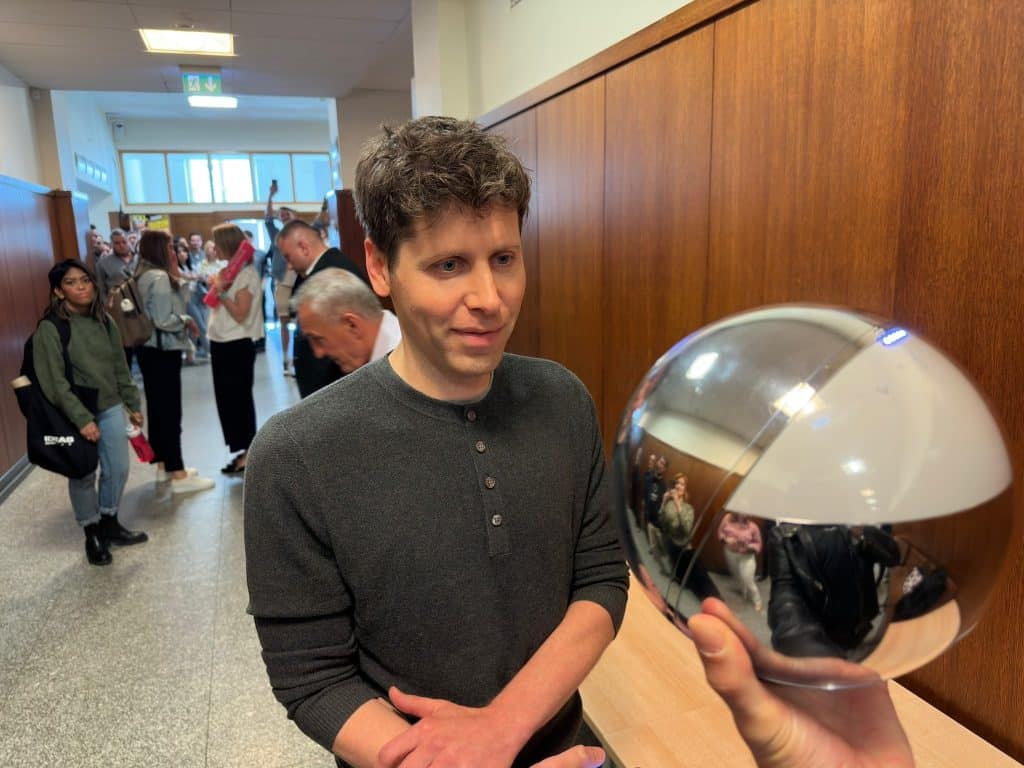
According to Worldcoin's website, more than 4 million people in 120 countries have signed up for iris scanning.
In July 2023, Sam Altman’s startup World ID introduced the Worldcoin (WLD) token, a cryptocurrency that requires users to verify their identity. The World ID is considered a “digital passport” to prove that the user is a real person and not an artificial intelligence (AI) bot. To get a World ID, users must register to have their iris scanned in person using the Orb, a silver ball about the size of a bowling ball. After completing the registration process, users will receive 25 WLD.
Sam Altman's company claims that biometric images are processed entirely on the Orb device and will be deleted unless the user requests a data backup.
However, Ethereum co-founder Vitalik Buterin pointed out that privacy, accessibility, centralization, and security are the main risks in building Worldcoin's Proof-of-Personhood.
Worldcoin has been beset by trouble since its launch. In August 2023, the Kenyan government ordered Worldcoin to cease operations. But Worldcoin was able to return to Kenya earlier this year after successful negotiations with the government, according to Insider .
Source link


![[Photo] Ceremony to welcome General Secretary and President of China Xi Jinping on State visit to Vietnam](https://vstatic.vietnam.vn/vietnam/resource/IMAGE/2025/4/14/5318f8c5aa8540d28a5a65b0a1f70959)
![[Photo] Hanoi people warmly welcome Chinese General Secretary and President Xi Jinping on his State visit to Vietnam](https://vstatic.vietnam.vn/vietnam/resource/IMAGE/2025/4/14/d6ac6588b9324603b1c48a9df14d620c)

![[Photo] General Secretary To Lam holds talks with General Secretary and President of China Xi Jinping](https://vstatic.vietnam.vn/vietnam/resource/IMAGE/2025/4/14/b3d07714dc6b4831833b48e0385d75c1)
![[Photo] Prime Minister Pham Minh Chinh chairs conference to review the implementation of Resolution No. 18-NQ/TW](https://vstatic.vietnam.vn/vietnam/resource/IMAGE/2025/4/14/dcdb99e706e9448fb3fe81fec9cde410)







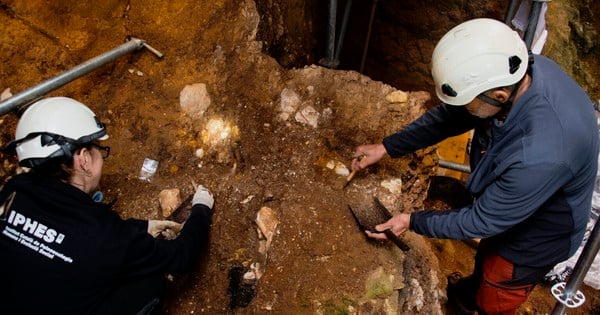

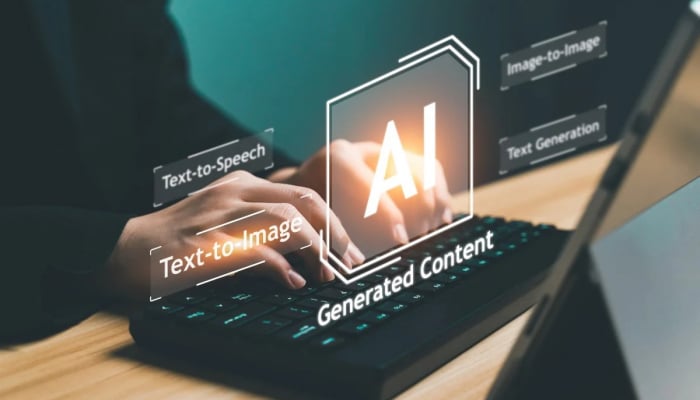

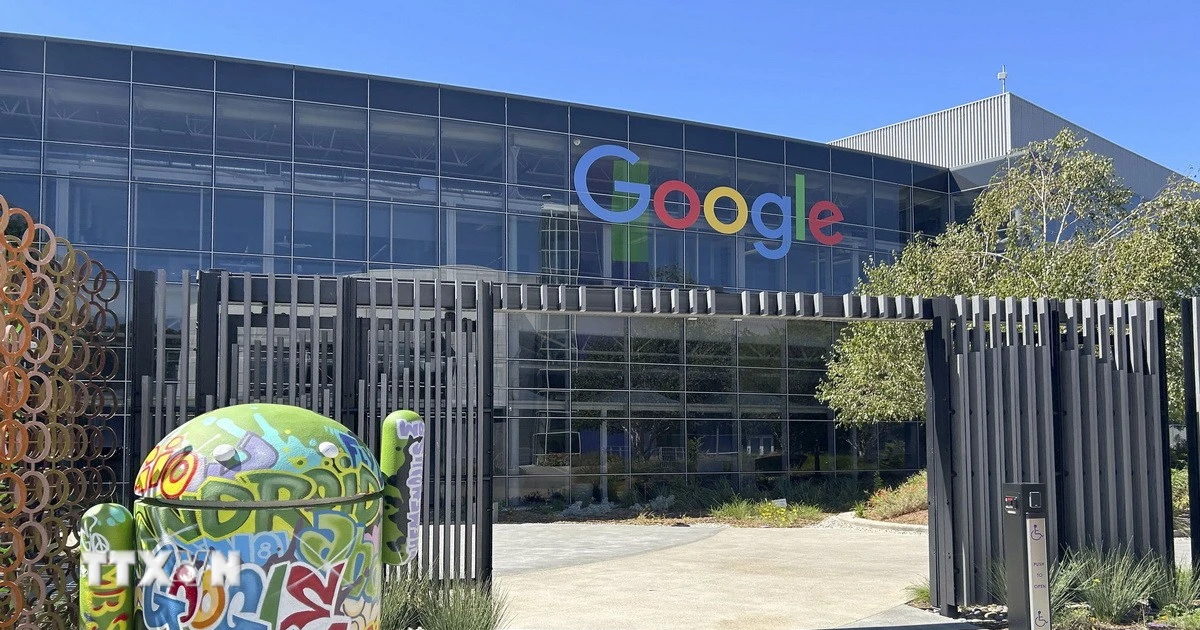
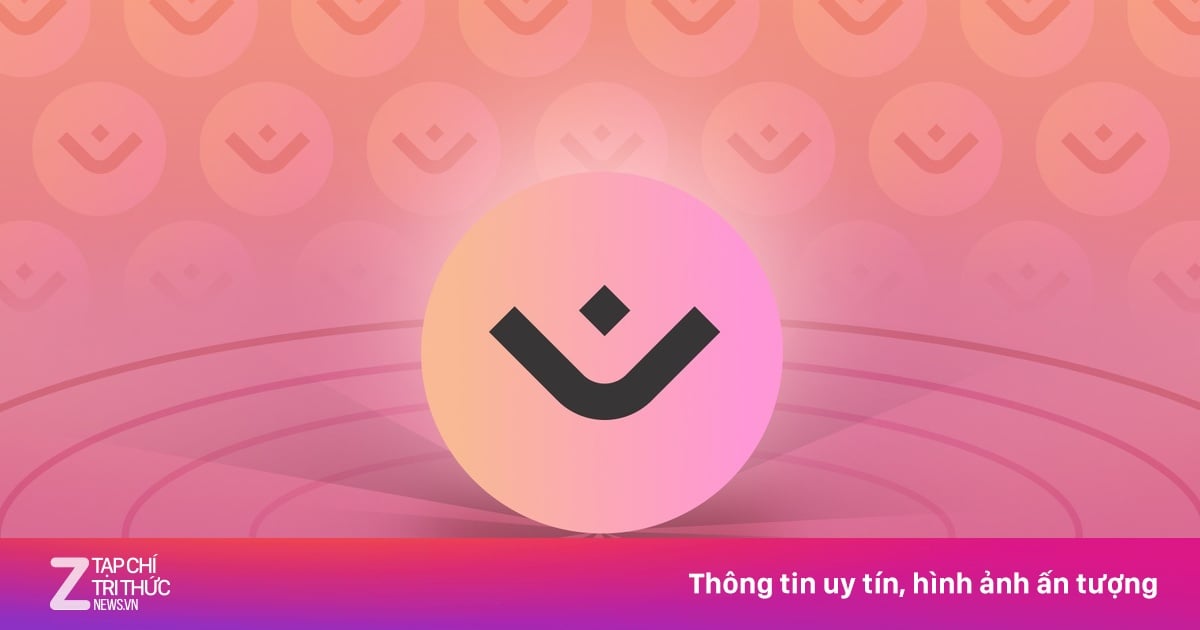


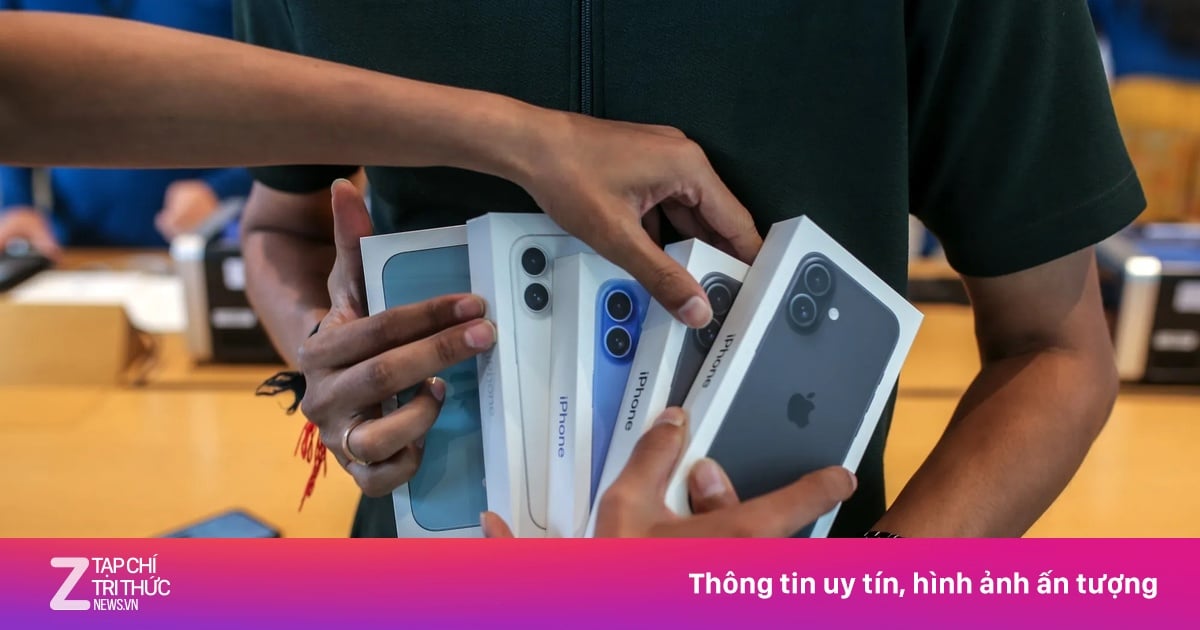
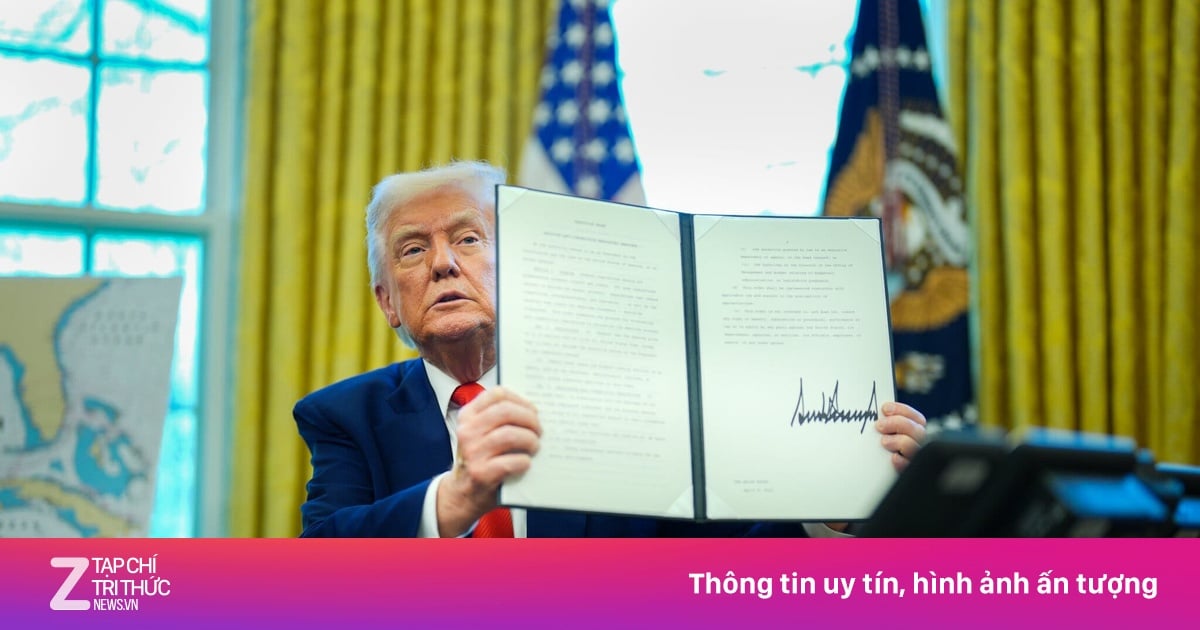





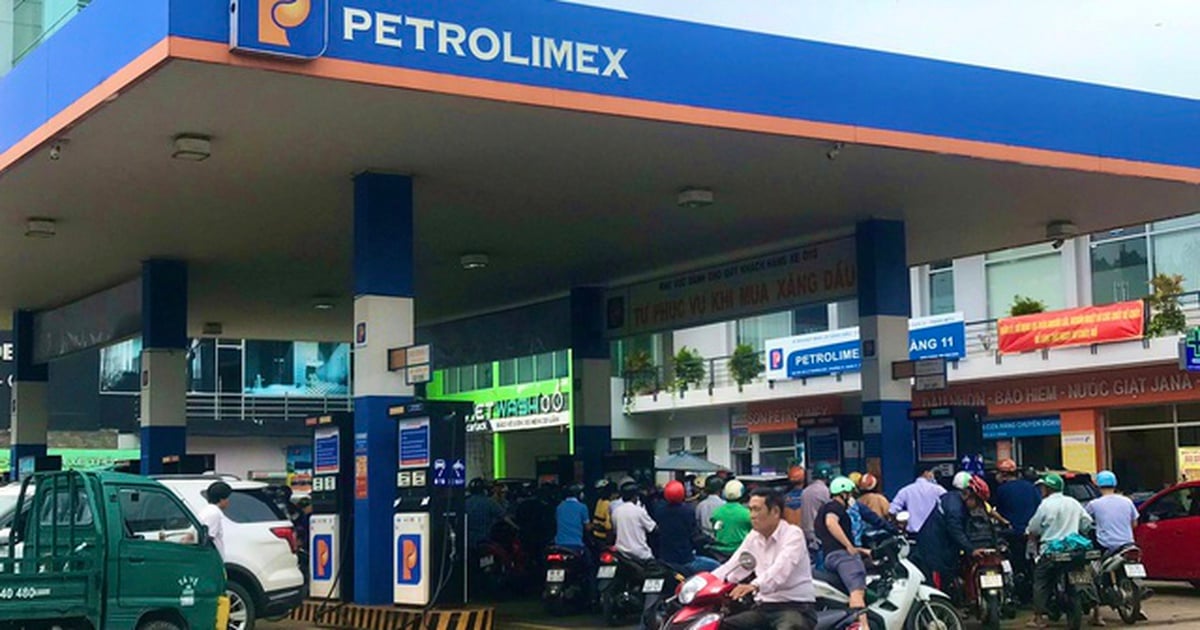
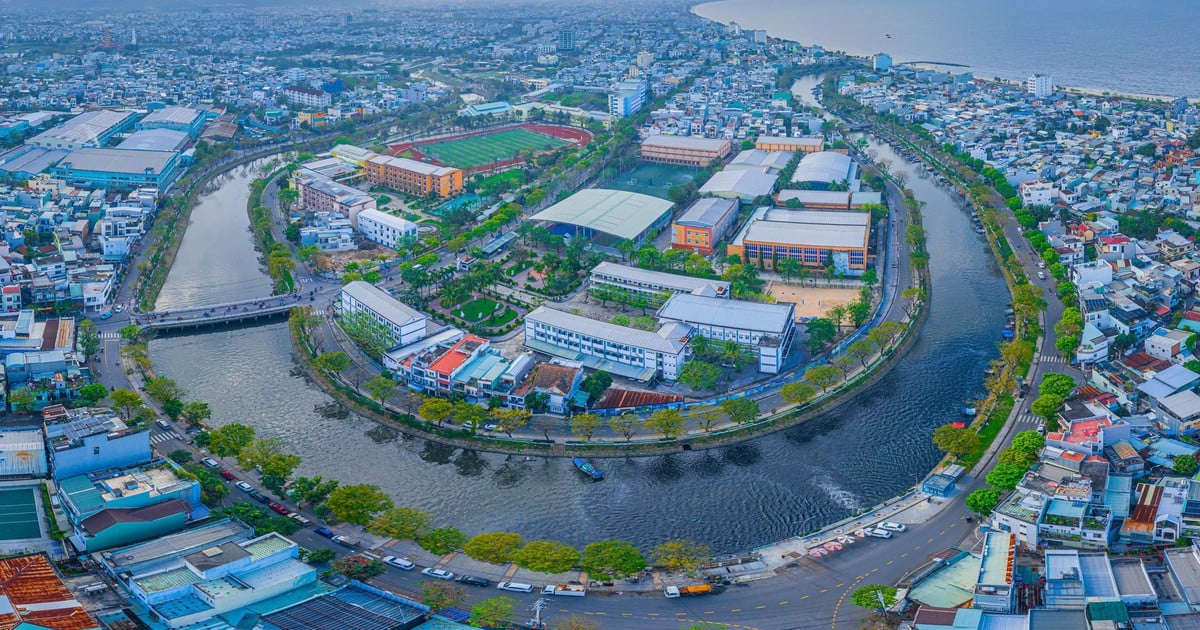

































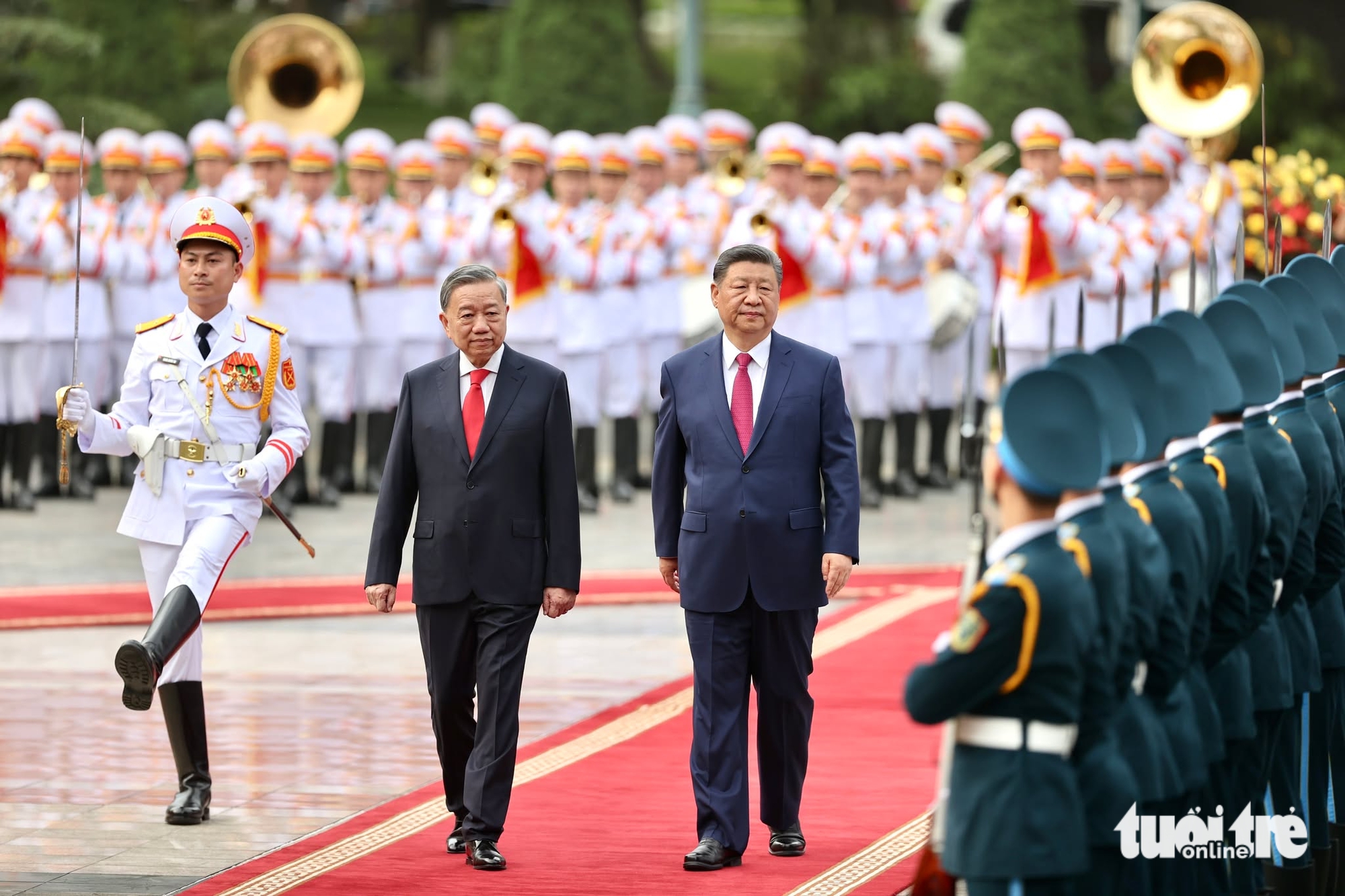














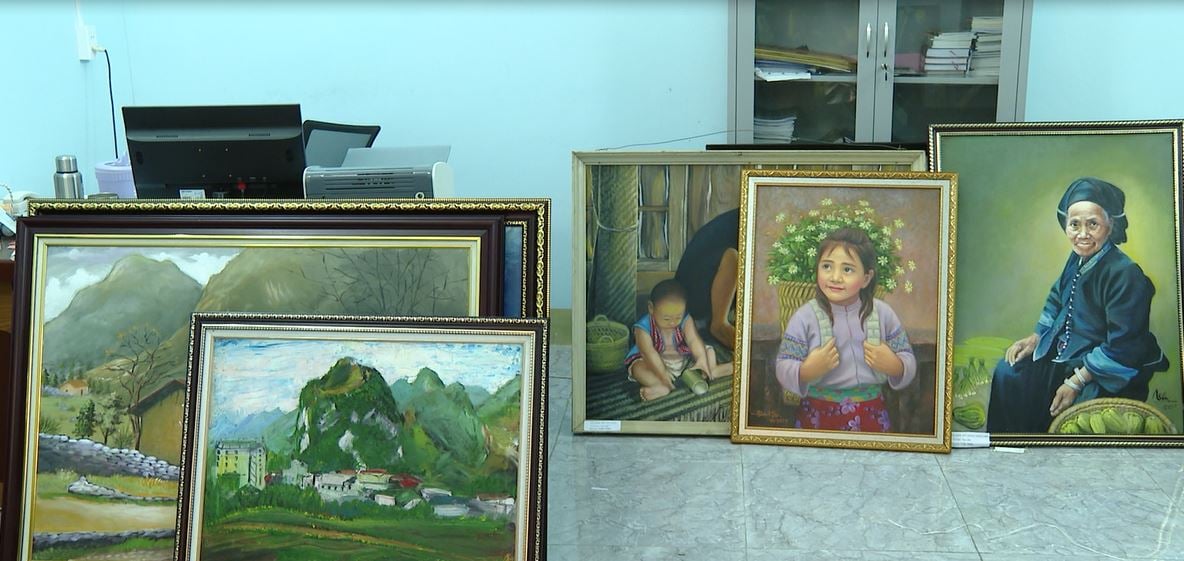

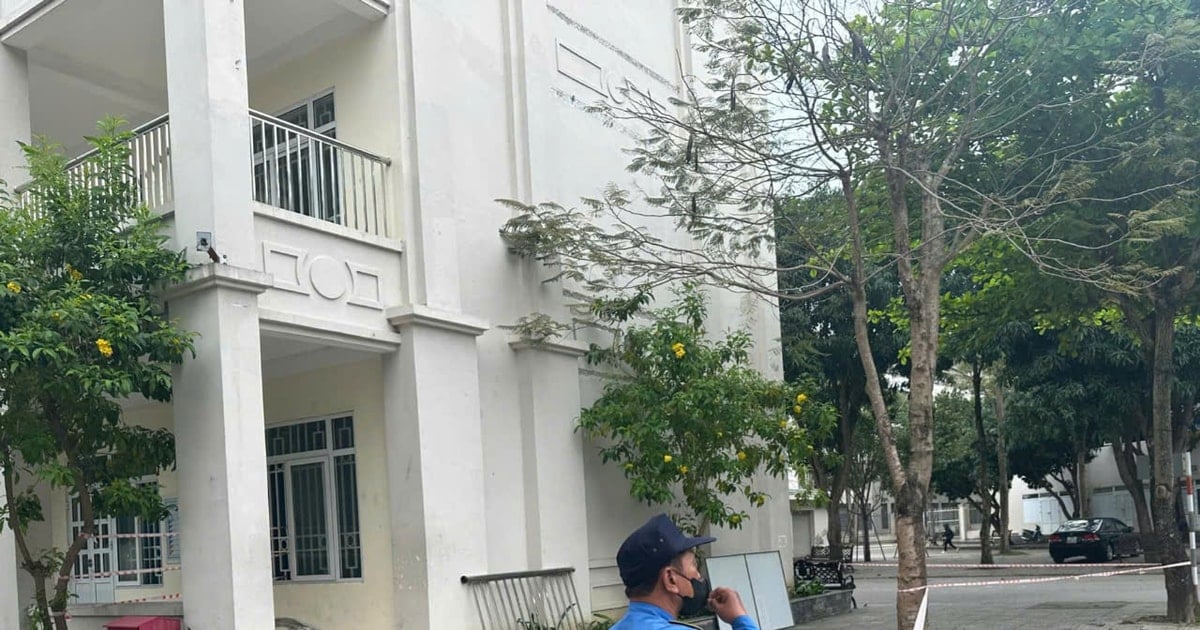












Comment (0)